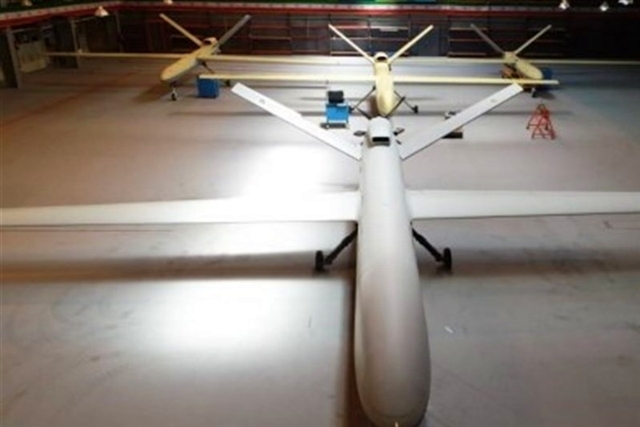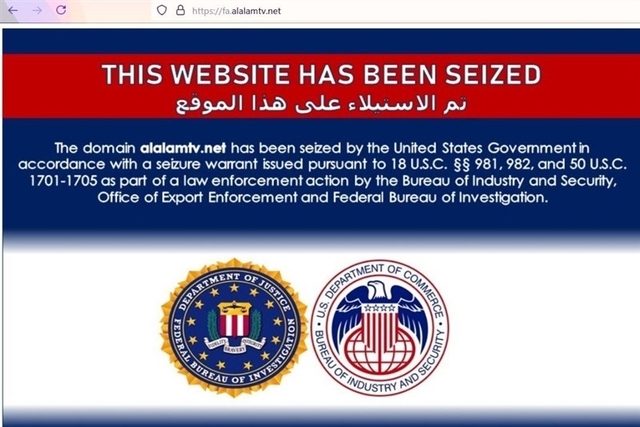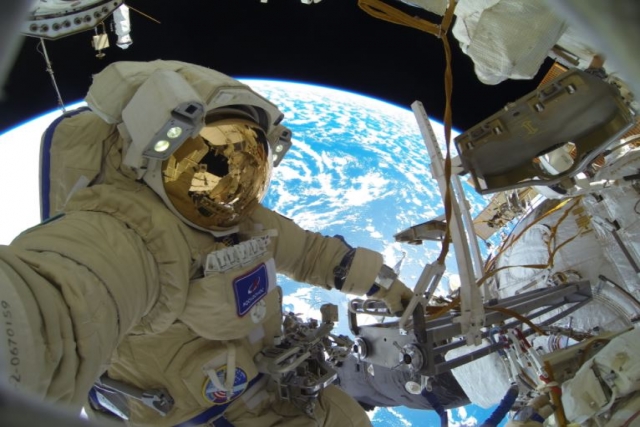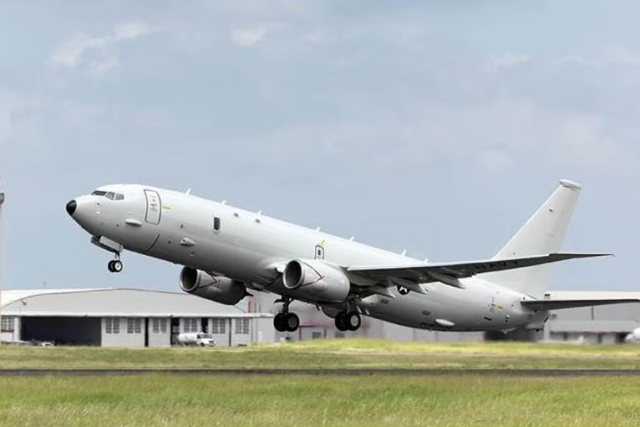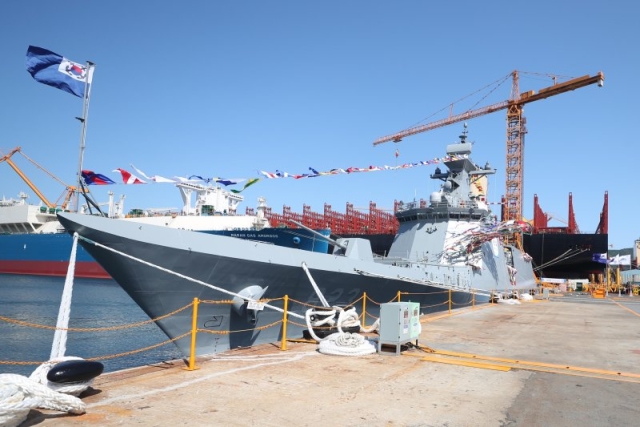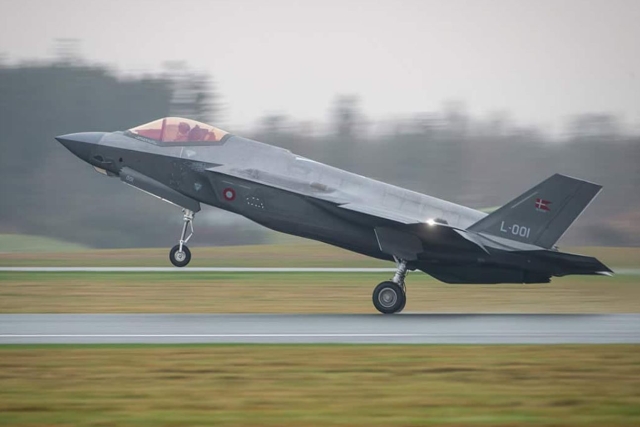U.S. Imposes Additional Military Sanctions on Russia for Aleksey Navalny Poisoning
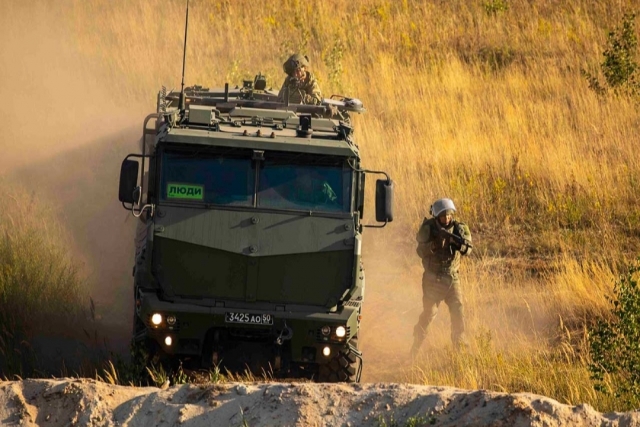
The United States has slapped second round of military sanctions against Russia over its alleged involvement of poisoning of Russian opposition figure Aleksey Navalny with a Novichok nerve agent a year ago.
The sanctions were imposed under the Chemical and Biological Weapons Control and Warfare Elimination Act (CBW Act). These include a restriction on the permanent importation of firearms or ammunition manufactured or located in Russia pursuant to new or pending permit applications as well as further restrictions on nuclear and missile-related technology exports to Russia.
"As the United Kingdom and the United States reaffirmed, we condemn the August 2020 assassination attempt on Mr. Navalny and subsequent actions intended to stop his efforts to criticize the Russian government, including his imprisonment in January 2021," Spokesperson for the U.S. Department of State Ned Price said in a statement Friday.
Meanwhile, the U.S. Treasury imposed "further restrictions on nuclear and missile-related technology exports to Russia." These sanctions will take effect on September 7 and will remain in place for a minimum of 12 months. The sanctions may be lifted once Russia has met several conditions, an official release said.
"Our actions today – exercised by the U.S. Departments of State, the Treasury, Justice and Commerce – send a clear signal that there will be no impunity for the use of chemical weapons, including for the individuals and organizations involved. Any use of chemical weapons is unacceptable and contravenes international norms. The United States calls upon Russia to comply with its obligations under the Chemical Weapons Convention," Price added.
The Departments of State and the Treasury will also designate nine Russian individuals and four entities, including operatives involved in poisoning Mr. Navalny and entities that have developed Russia’s chemical weapons capabilities.
Navalny was rushed to a local hospital in the Siberian city of Omsk on August 20, 2020, after collapsing on a Moscow-bound flight from Tomsk. He fell into a coma and was put on a ventilator in an intensive care unit. Two days later, he was airlifted to Berlin and admitted to the Charite hospital.
The German government later claimed that the blogger had been affected by a toxic agent belonging to the Novichok family. According to Berlin, the conclusions were substantiated by French and Swedish laboratories.
Kremlin Spokesman Dmitry Peskov has alleged that Moscow is ready for comprehensive cooperation with Germany and pointed out that no poisonous substances had been detected in Navalny’s system prior to his transfer to Berlin.
